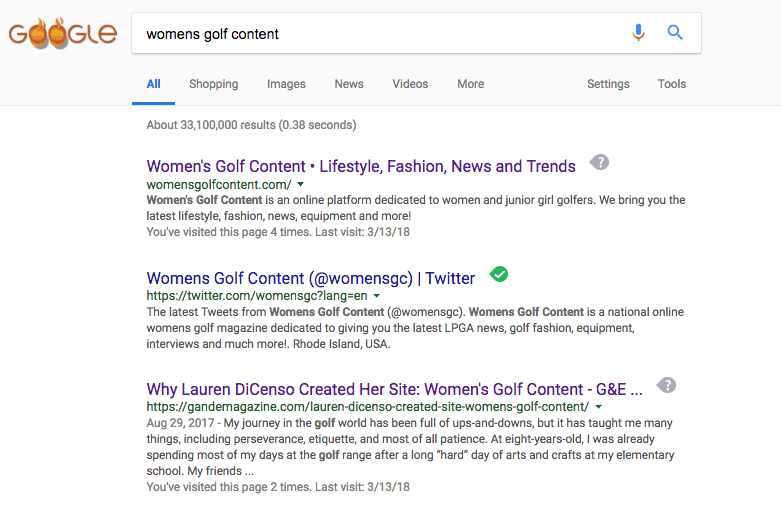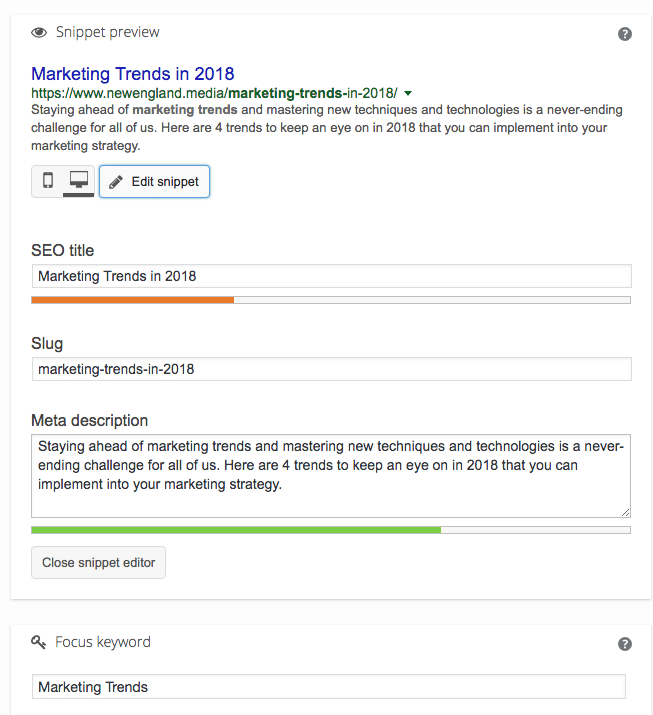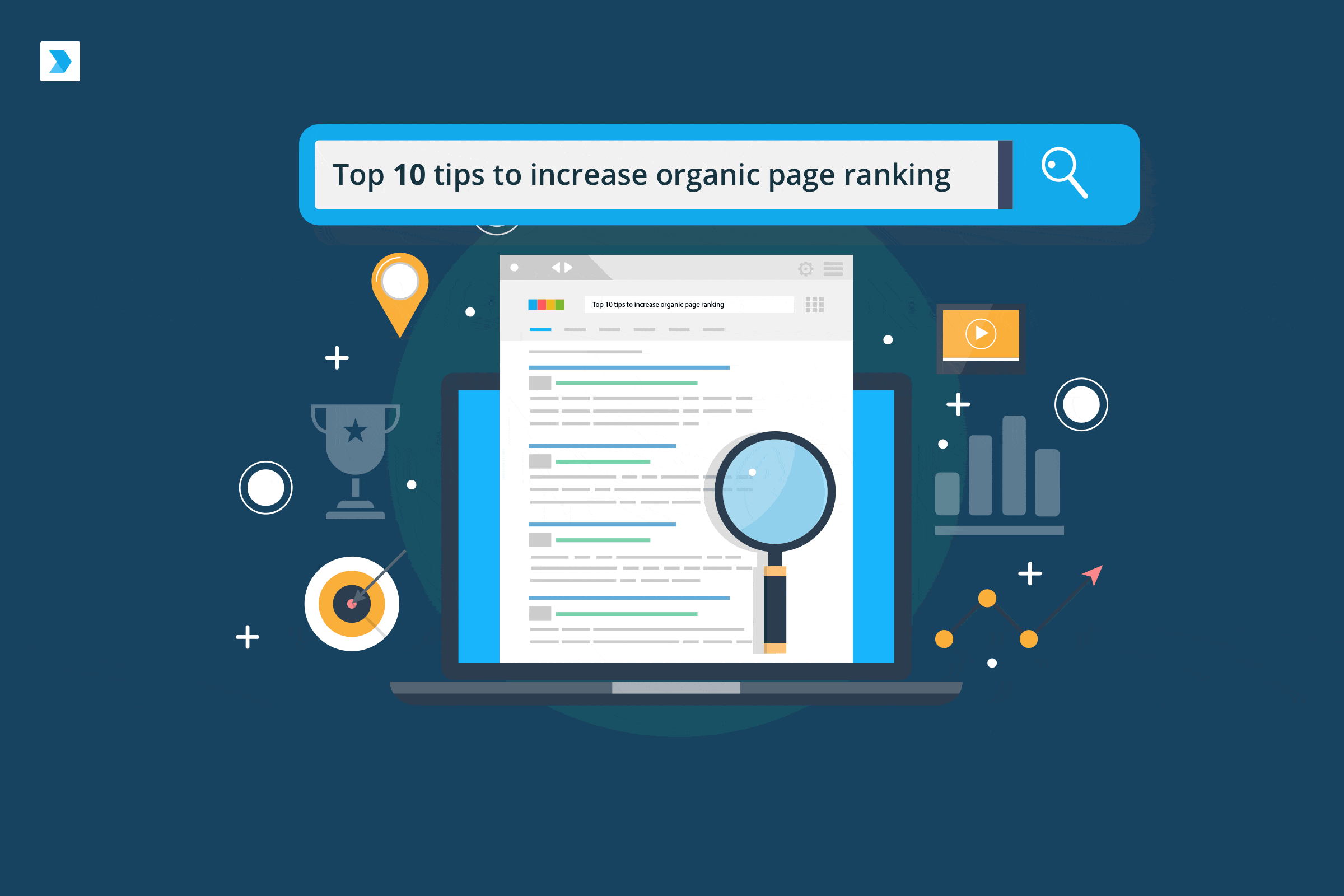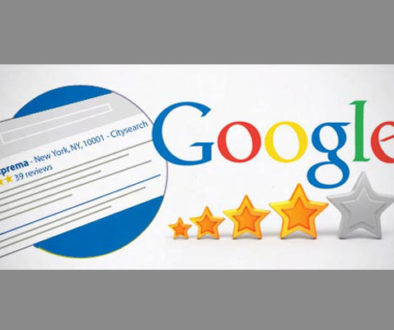4 Tips to Increase Your Organic Search Rankings on Google
Organic searches are essential for the success of your website. But, what exactly is an organic search you might ask? In a nutshell, as incredible as your branding may be or as innovative as your product or service no doubt is, if you’re not ranking on the first page of Google’s search engine results for relevant search queries, people may never know that your business exists.
In fact, the number one position on a Google search enjoys 33% of the traffic, so it’s important to focus on attracting organic searches.
Here are our top four tips for improving your organic traffic and page rankings.
Check Current Search Ranking
Before you boost your website’s search ranking, it’s important to know where you currently stand in Google’s search results.
By understanding this information, you’ll be able to see where you need to improve and provide yourself with a solid base from which to work. Tools like SERPs.com will check where a site page ranks for a certain keyword or term, but you might have to pay (get around this by using a free trial). You can also just type in your website name, or post titles in the search engine. If it ranks between the first and third page, then that’s a great start. The higher you rank, the more traffic you get to your website, and the more Google recognizes that you have a quality website.
Here is an example — when I type in “Women’s Golf Content” in the Google search bar (the name of my website) it pops up as the first ranking on Google, along with my Twitter account and my interview with G&E magazine. This gives my website more legitimacy.

Define a Keyword List
Write a list down of all the keywords that relate to your website. For my website, I use keywords such as, “Women’s Golf,” “Golf Fashion,” “Golf News,” etc. Doing this will allow you to be able to pick the most relevant keywords for your site to bring in related traffic that increases your page ranking.
If you target the right keywords for each page of your website based on what you’re trying to sell, the message you’re trying to communicate and where you expect to meet the customer on their buying journey, you’ll see a vast improvement in your organic search rankings.
To define the most successful list possible, you should use a targeted mix of both broad, exact and long tail keywords that are specific to what you’re selling and how your users search. You should also ask yourself the following questions…
- What keywords will drive conversions?
- What central topics can my keywords be grouped into?
- What keywords could I generate content on that will result in rankings and traffic?
To go about analysing and selecting your keywords, you should use the following tools…
- Google Trends
- Type potential search queries relating to your page in Google’s search bar and see what popular relevant search queries popup
- Use Google Adwords Keyword planner and when ready, follow this video guide on keyword research
Optimize For Your Audience First
By using buyer personas, a website is two – five times more effective and easier to use by targeted users.
Today’s consumer is savvier, and empowered than ever before, so to engage with their needs and in turn, build your organic search authority, you’ll need to produce high-quality content that is educational, insightful, and personal.
By using a buyer persona and creating your content with a human being in mind, rather than a search engine, you’ll stand a far greater chance of your content being consumed and shared, creating backlinks which will increase your search rankings. When you’re improving the copy and content on your site page, always consider if it’s digestible, conversational, and suitable for a human audience – if it’s no good for you, it’ll be no good for others, and it will not rank well.
Meta Descriptions
While your meta description isn’t a direct ranking factor regarding search crawling, it does have an impact and if written well, this small snippet of sales copy encourages people to click through to a webpage, boosting its authority and helping your page to rank better for certain keywords. Also, if you use your target keywords in the description, Google will bold them when your page appears on SERPS, making it more eye-catching to web searchers.
Again, each meta description should be unique, contain keywords and be no longer than 160 characters.
Here’s an example of a good meta description:

You can see that the meta description has a nice length and has a good focus keyword that relates to the content I’m writing about. Make sure to download an SEO plugin to help you rank in searches. Also consider using rich snippets to even further attract an organic search.
Although these are only four tips out of many, I found these to be the most important for your website to rank higher on search engines. In short: consistently check your current rankings, download and use an SEO plugin as shown above (include a good meta description, and a title with your focus keyword somewhere in it), and most importantly, make sure you put your audience above your concern for rankings. Quality content will increase traffic alone.




